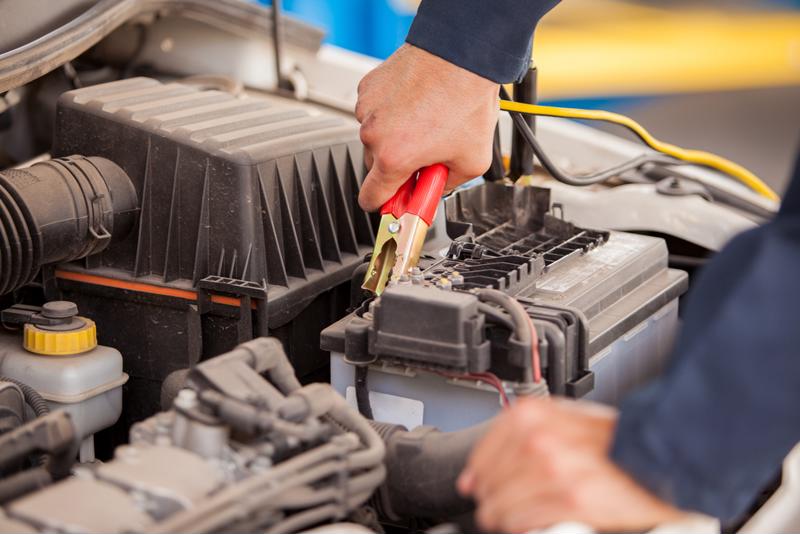You know that taking proper care of your body keeps you healthy. That means fueling it with the right foods, spending enough time dedicated to fitness and dropping all of the bad habits that keep you from maximizing your overall health. Taking care of your car is quite similar – if you don't show it enough attention, it's bound it leave you stranded in the breakdown lane.
According to a 2015 survey conducted by the Car Care Council, about 84 percent of vehicles failed at least one inspection component, which shows drivers often neglect to take proper care of their ride.
Nobody wants to wait around for a tow truck to haul their car for an unexpected and expensive emergency operation. To keep small problems from turning into larger ones, it's important to put your car through routine maintenance services.
Don't let your car fall apart. Instead, follow this maintenance timeline so that you'll never fall behind in taking proper care of your vehicle.
Windshield wipers – 6 to 12 months
Driving with a clear line of vision is important, especially during a harsh downpour. That's why you need to make certain you're changing your windshield wipers when necessary. Real Simple magazine reported you need to do this every 6 to 12 months and it'll only cost you about $10 to $20.
Battery – every five years
Did you forget to turn off your lights when you went into the grocery store? No worries – you can just ask someone to give you a jump for a quick fix. However, that's not always going to be good enough. Make sure to replace your battery every five years.
 Getting someone to jump your battery is a quick fix, but not a permanent one.
Getting someone to jump your battery is a quick fix, but not a permanent one.Oil – every 7,500 miles or more
You may have been told you need your oil changed every 3,000 miles – or every three months – but according to Cars.com, that's simply not the case. Because of the advances in engine materials and improved quality of oil, manufactures recommend you change your oil every 7,500 to 10,000 miles. Check your owner's manual or contact the manufacturer of your vehicle for more information.
Brake pads – every 50,000 miles
As long as you're using your brakes properly – this means not riding them or slamming on them – Real Simple magazine noted that you only have to change your brake pads every 50,000 miles. The cost of this service generally ranges from $50 to $100 dollars depending on the wear.
"The average life of tires varies between 25,000 and 50,000 miles."
Tires – between 25,000 and 50,000 miles
According to Kelley Blue Book, the life of your tires depends on a number of different factors. This includes the type of car you have, how often you drive it and how well you take care of your tires. All tires are designed with tread, which is the pattern of grooves and ridges that increase car's traction on the road. Over time, the tread wears down, which ultimately results in needing to replace the tires. The source said the average life of most tires is between 25,000 and 50,000 miles, but it all depends on the type of wear they go through.
Engine air filter – varies
Every time you take your car in for a service checkup, ask the mechanic to check the air filter. He'll be able to help you determine if it needs to be replaced, because this is a service that varies from vehicle to vehicle. Cars.com said some manufacturer's recommend the filter gets replaced every 45,000 miles, and others say 30,000 and 15,000. Ultimately, the maintenance worker will be able to tell if your filter needs changed by the amount of black residue trapped in it.
Check these elements on a frequent basis
There are a number of elements you should be checking on a frequent basis, according to the Car Care Council. Those include:
- Dashboard lights – Never ignore these! If an indicator is lit, take your car to the auto shop
- Lights – Keep an eye out for bulbs that need replaced
- Windshield washer fluid – Keep the stuff in your trunk for easy refills
- Tire Condition – Most cars will notify the driver if tire air pressure is low
Could your vehicle use a little TLC? Head over to NJ Auto Junction, where the mechanics will take great care of your car and make sure every service is up to date.



